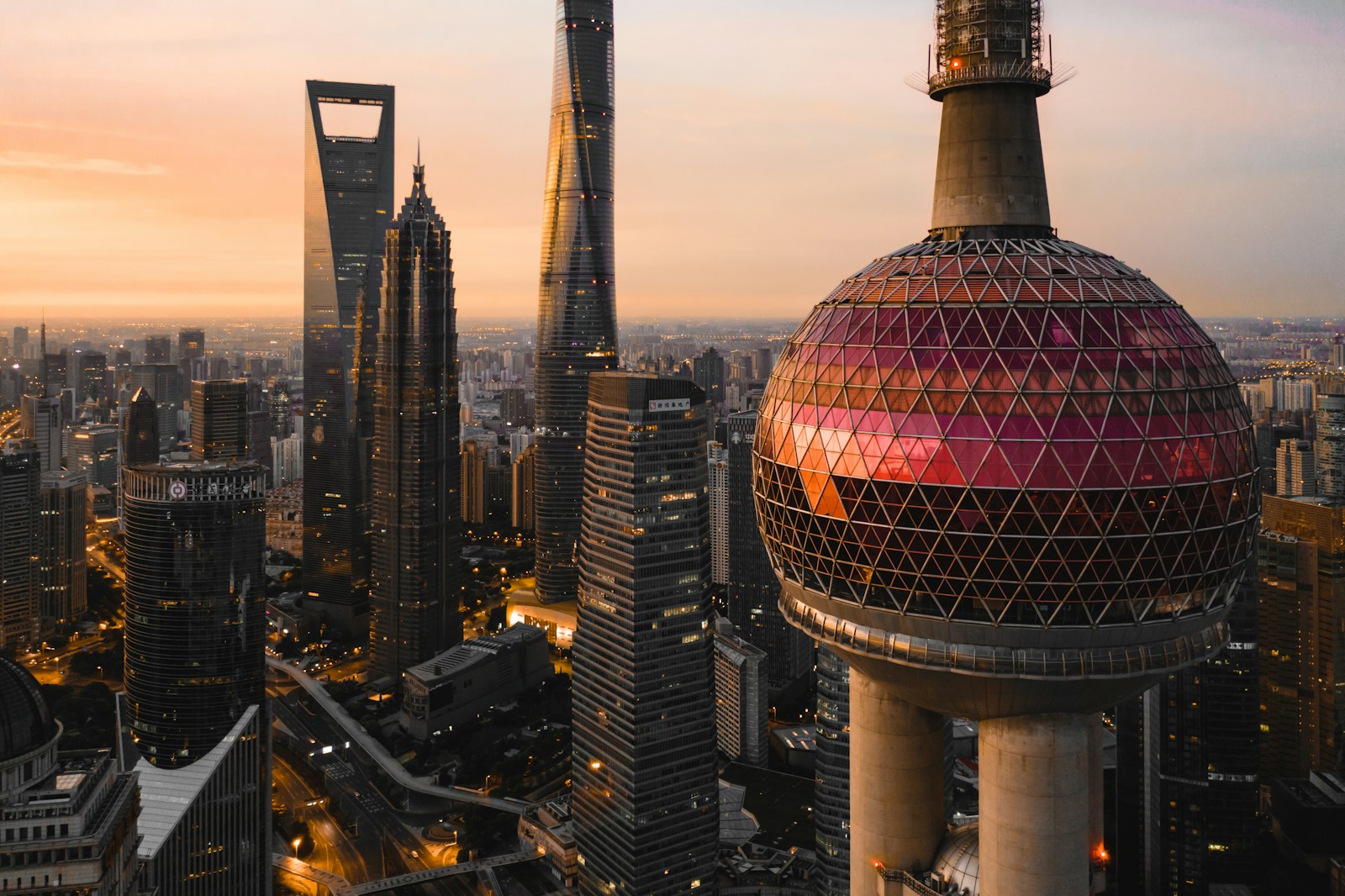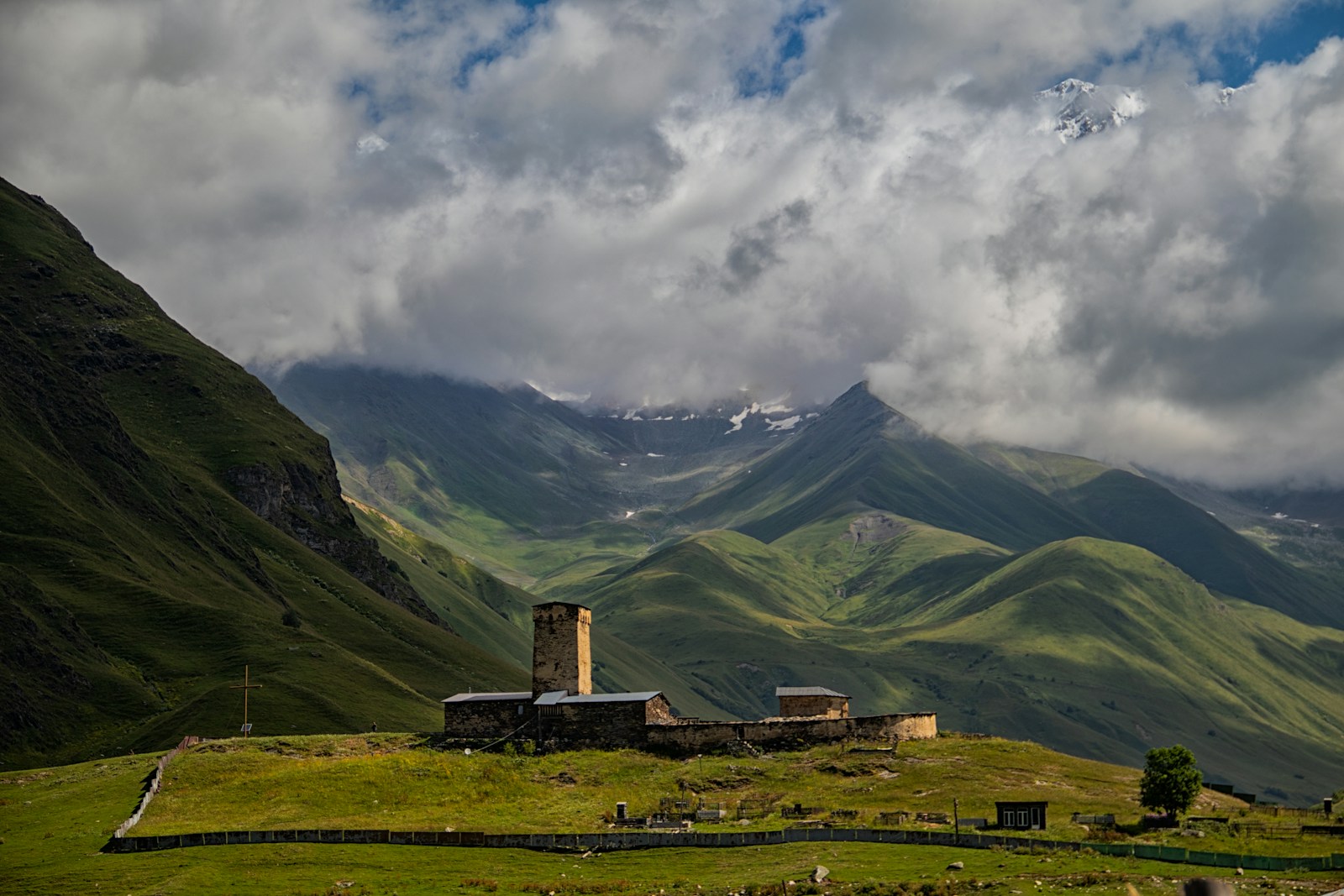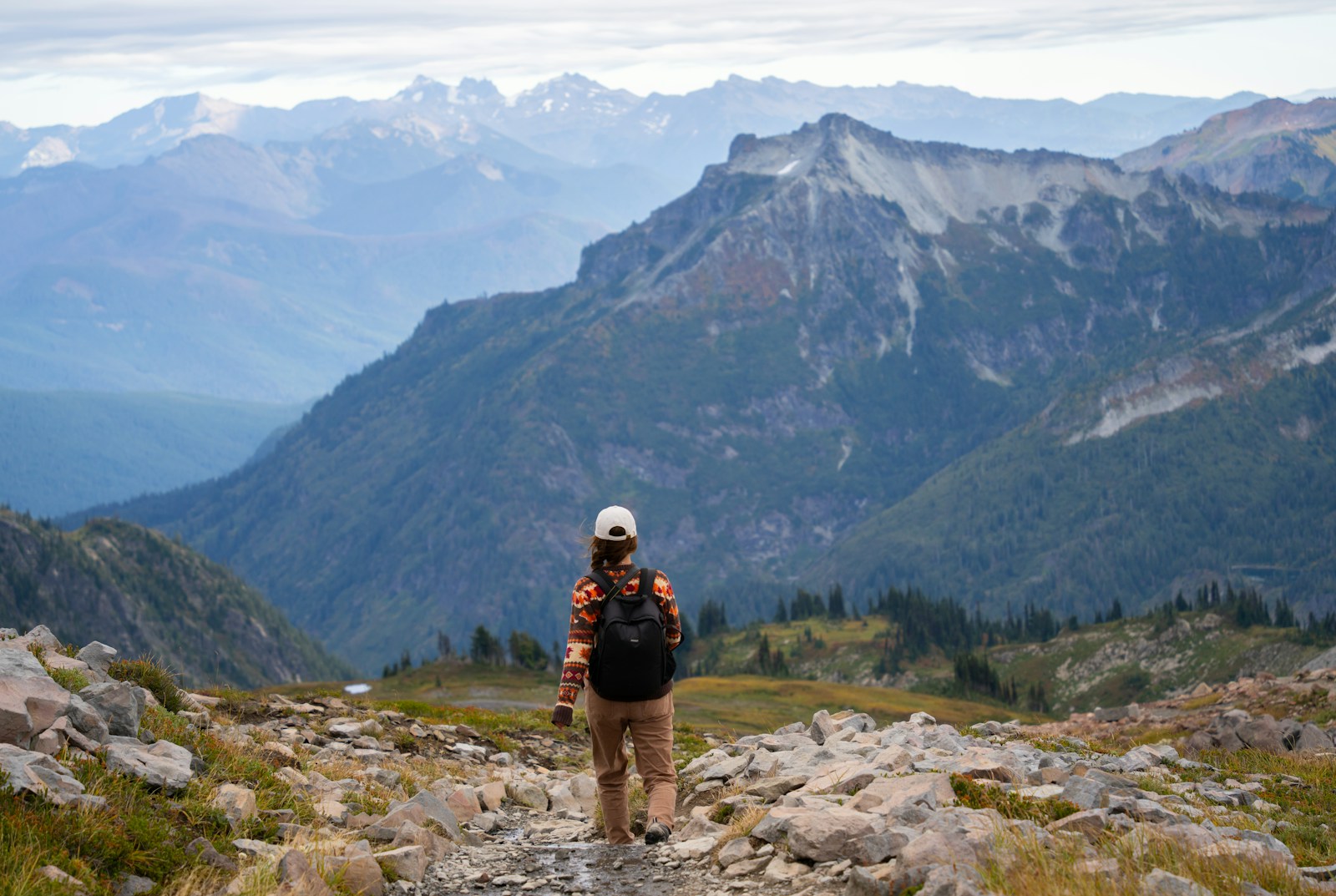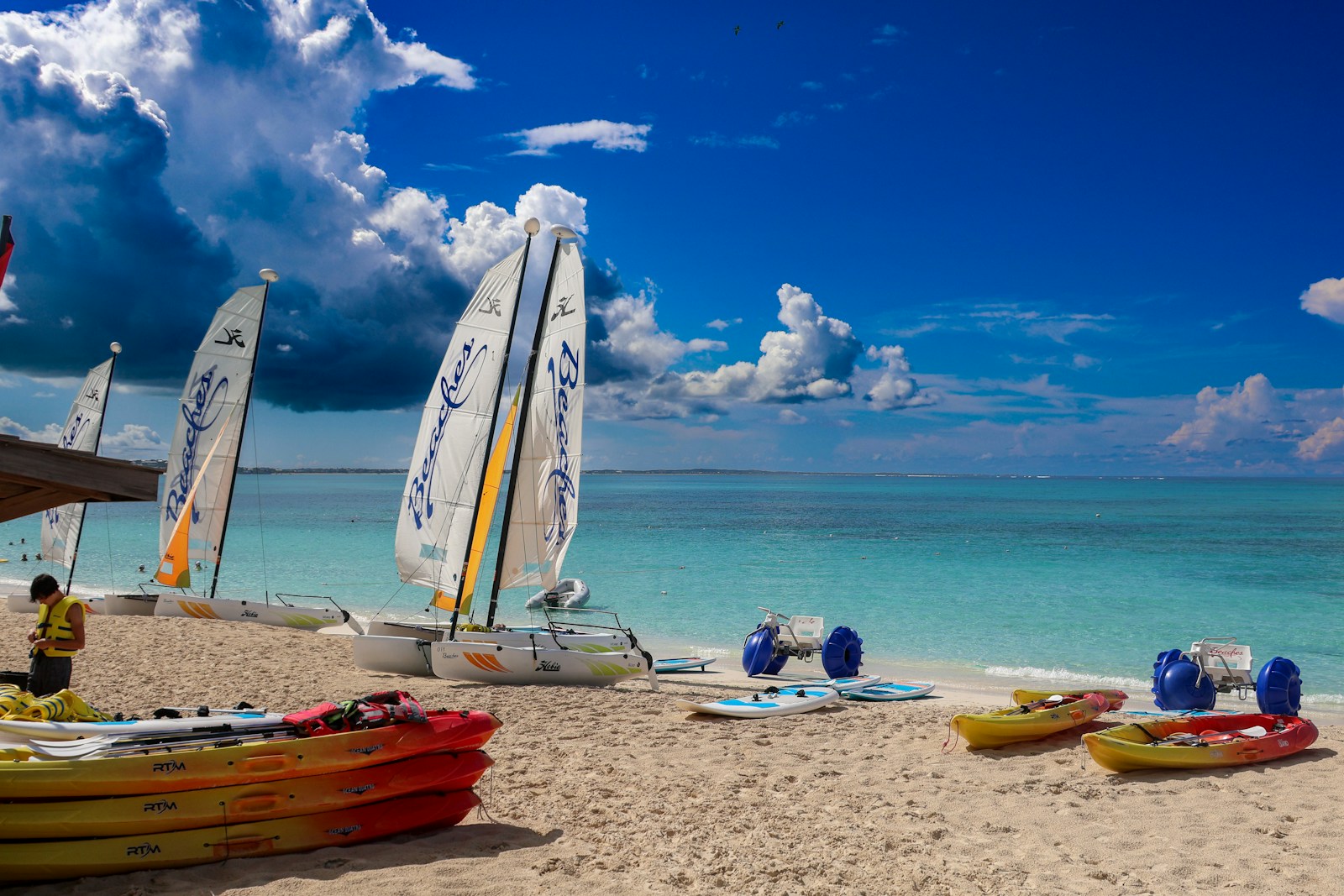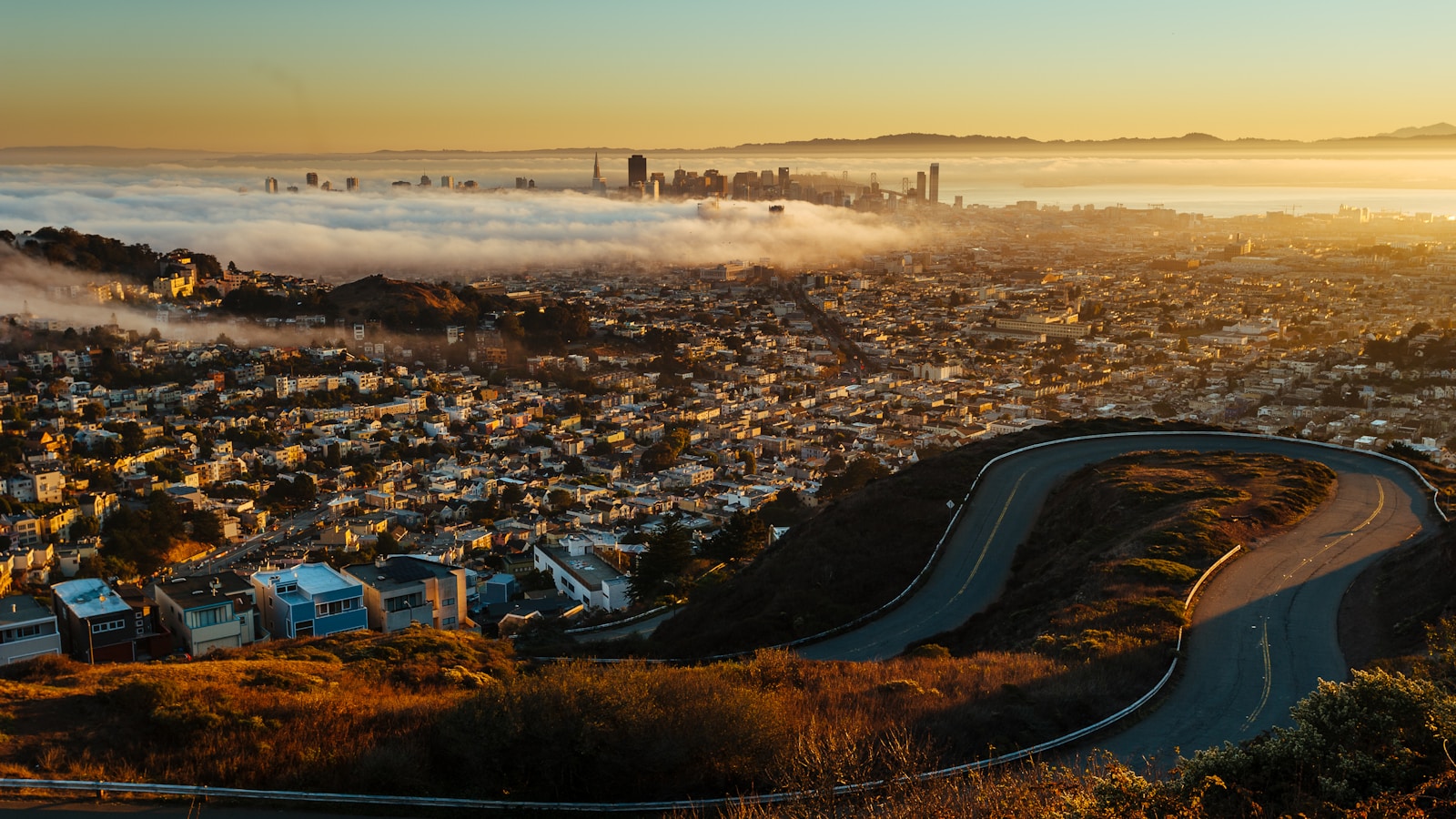West Africa Travel Guide: A Soul-Stirring Journey Through 16 NationsIntro to West Africa Travel Guide
From the golden Sahel to lush equatorial forests, West Africa dazzles with vibrant rhythms, ancient kingdoms, coastal energy, and deep cultural roots. This subregion of Africa covers 16 dynamic countries, each carrying a distinct identity — yet bound by shared history, movement, and hospitality.
Start your journey with our complete West Africa travel guide and explore every country, region, and experience waiting for you.
Countries to Explore in West Africa
Benin | Cape Verde | Côte d’Ivoire | Gambia | Ghana | Nigeria | Senegal | Sierra Leone | Togo
💡Quick Facts:
Continent: Africa
Subregion: West Africa (UN classification)
Countries (16 total):
– Mainland: Nigeria, Ghana, Senegal, Ivory Coast (Côte d’Ivoire), Burkina Faso, Mali, Niger, Benin, Togo, Sierra Leone, Liberia, Guinea, Guinea-Bissau, The Gambia
– Island Nation: Cape Verde (Cabo Verde)
Population: ~430 million+ (2025 est.)
Languages:
– Official: French, English, Portuguese
– Regional/Indigenous: Hausa, Yoruba, Fula, Wolof, Mandinka, Akan, and more
Currency Blocks:
– West African CFA franc (XOF): Used by 8 countries (e.g., Senegal, Côte d’Ivoire)
– Naira (NGN): Nigeria
– Cedi (GHS): Ghana
– Dalasi, Leone, Escudo, etc.: Varies by nation
Time Zones: GMT to GMT+1
Major Airports: Lagos (LOS), Accra (ACC), Dakar (DSS), Abidjan (ABJ), Banjul (BJL), Praia (RAI)
Climate: Tropical and sub-Sahelian – humid coast, dry interior
🛂Arrival Info:
Visa Policies:
– ECOWAS citizens: Visa-free movement within the region
– Others: Varying policies; some offer visa on arrival or eVisa
Visa-Free Countries (by destination):
– E.g., Ghana offers visa-free or VoA to 40+ nationalities
ETAs/eVisas: Offered by select countries (e.g., Nigeria, Côte d’Ivoire)
Regional Organization: ECOWAS – facilitates travel within member states
💉Health Info:
Vaccines Required: Yellow Fever (mandatory for most countries)
Recommended Vaccines: Hepatitis A & B, Typhoid, Meningitis, Rabies,
Common Health Concerns:
– Malaria (risk year-round in most areas)
– Traveler’s diarrhea, cholera in some zones
Medical Access: Good in capital cities; limited rural services
Travel Insurance: Strongly recommended, with medical evacuation coverage
✅ Check travel insurance options for travel emergencies, delays, and medical needs abroad — Get coverage here
✅ Stay Informed with Official Updates: WHO – International Travel & Health | CDC – Travel health updates
🚨Travel Advisory:
General Safety: Varies widely by country
– Coastal nations (Ghana, Senegal, Cape Verde): Generally safer
– Inland Sahel countries (Mali, Burkina Faso, Niger): Travel advisories due to conflict
Common Issues:
– Scams in urban markets
– Political protests or unrest
– Road and traffic safety risks
✅ Stay Informed with Official Updates: US Travel Advisory | UK Foreign Travel Advice
📅Holidays:
Regional/National Holidays:
– Independence days (vary by country)
– Eid al-Fitr & Eid al-Adha (Islamic-majority countries)
– Christmas & New Year (Christian-majority areas)
Notable Festivals:
– Lake of Stars (Cape Verde)
– FESPACO Film Festival (Burkina Faso)
– Homowo Festival (Ghana)
– Tabaski (Senegal, Mali, Niger)
Note: Some public offices and transit may close during major holidays
💰Visitor Info:
Currency Zones:
– XOF: Shared by 8 Francophone countries
– Others vary; exchange rates fluctuate
ATMs: Available in cities; cash needed in rural areas
Cards: Limited usage outside major hotels
Tipping: Optional but appreciated (5–10%)
Daily Budget Estimate:
– Budget: $30–$60 USD
– Midrange: $80–$150 USD
– Luxury: $200+ USD (mostly in major cities)
✈️Airports:
Top International Gateways:
– Nigeria: Murtala Muhammed Intl (LOS)
– Ghana: Kotoka Intl (ACC)
– Senegal: Blaise Diagne Intl (DSS)
– Ivory Coast: Félix Houphouët-Boigny Intl (ABJ)
– Cape Verde: Praia International (RAI)
Inter-regional Flights: Often limited; ground travel common
Note: Airport safety and procedures vary by country
✅ Delayed or canceled flight? Check if you’re eligible for compensation
🚍Transport:
In Cities: Taxis (negotiable), motorbike taxis, local minibuses (tro-tro, bush taxis)
Intercity: Buses, minibuses, private cars
Ferries: Used in island and coastal zones (e.g., Cape Verde, Senegal River)
Road Conditions: Vary from excellent highways to poor rural roads
Driving Rules: Drive right (most countries); IDP recommended
✅ Book reliable airport transfers and in-city rides in advance. Reserve your ride here
📶Connectivity:
SIM Cards: Inexpensive, widely available (MTN, Orange, Airtel)
eSIM Availability: Limited
Wi-Fi: City hotels and cafés; not common in rural areas
Coverage: Good in cities; unreliable in remote areas
✅ Stay connected abroad with affordable eSIM data packs. Get your eSIM here
📜Laws & Etiquette:
Dress Modestly: Especially in Muslim-majority areas
LGBTQ+ Rights: Highly restricted or illegal in many countries
Alcohol: Permitted in coastal and Christian areas; restricted in north/Islamic zones
Behavior Tips:
– Greet with respect
– Avoid public criticism or loud confrontation
– Use right hand for transactions
🛡️Emergency Info:
Emergency Numbers: Vary by country; usually 112 or 117 for police
Consulates: Limited outside capitals
Local Aid Services: Informal support via hotels or tourism offices
Travel Forums: Lonely Planet’s Thorn Tree, local WhatsApp groups
✅ Use embassy locator tools: Embassies Worldwide
🌦️Weather:
Climate Zones:
– Tropical coast (humid and wet)
– Sahelian interior (dry and hot)
Rainy Seasons:
– Coastal: May–July & Sep–Oct
– Inland Sahel: Jun–Sep
Best Time to Visit: November–March (dry season, cooler temperatures)
✅ Stay prepared—check the weather forecast for your destination — Weather Forecast
West Africa by Region: Countries to Explore
West Africa can be grouped into four travel-friendly subregions: Coastal West Africa, Sahelian West Africa, Island Nations, and Forest Zone Countries. Each offers its own blend of landscapes, languages, and legacies.
Coastal West Africa: Surf, Cities & Trade Legacy
This Atlantic-facing zone blends busy ports, colonial towns, and sun-soaked shores.
- Ghana – Known for its cultural depth, from Cape Coast’s castles to Ashanti traditions and Accra’s creative energy.
- Benin – Famed for voodoo heritage, stilt villages like Ganvié, and royal palaces in Abomey.
- Togo – A sliver of contrasts, with bustling Lomé markets and tranquil coastal retreats.
- Nigeria – Africa’s largest economy, known for Lagos nightlife, Nollywood, and cultural diversity across over 250 ethnic groups.
- Ivory Coast (Côte d’Ivoire) – Offers lagoon cities, cocoa plantations, and sacred forest traditions from the Akan and Dan peoples.
Sahelian West Africa: Desert Edges & Deep Traditions
A belt of savannas and deserts where ancient empires once thrived.
- Mali – Rich in history, from Timbuktu manuscripts to Dogon cliff villages.
- Burkina Faso – Home to masked dances, artisan traditions, and the cultural hub of Ouagadougou.
- Niger – Offers nomadic cultures, desert dunes, and W National Park’s wildlife corridor.
- Senegal – From Dakar’s urban beat to the pink lakes and Sufi traditions of Touba.
- The Gambia – Africa’s smallest mainland country, wrapped around the Gambia River and rich in birdlife.
Forest Zone Countries: Green Depths & Spiritual Routes
These inland countries offer waterfalls, sacred forests, and traditional societies.
- Guinea – Known for the Fouta Djallon highlands and Mandinka music roots.
- Sierra Leone – A rising gem with tropical beaches, resilient culture, and Tacugama’s chimpanzee sanctuary.
- Liberia – Offers surf breaks, Americo-Liberian history, and national parks like Sapo.
Island Nations: Offshore Charm with African Identity
Two island nations blend Portuguese heritage with Creole spirit.
- Cape Verde (Cabo Verde) – Volcanic islands with morna music, hiking trails, and Portuguese-African fusion.
- São Tomé and Príncipe – Tropical and tranquil, with cacao farms, colonial charm, and untouched biodiversity.
Top Places to Visit in West Africa
From UNESCO wonders to creative capitals, these destinations reveal the full beauty of the region.
Cultural Capitals
- Dakar, Senegal – A pan-African hub with art galleries, colonial architecture, and oceanfront nightlife.
- Accra, Ghana – Bursting with design, history, and energy — from Makola Market to Osu Castle.
Natural Wonders
- Fouta Djallon, Guinea – Misty highlands, waterfalls, and trekking routes through traditional Fulani villages.
- Bandiagara Escarpment, Mali – Stunning sandstone cliffs and Dogon cliff-dwelling communities.
UNESCO Heritage Sites
- Saint-Louis, Senegal – A colonial island city with creole architecture and jazz legacy.
- Grand-Bassam | Côte d’Ivoire – A former capital with decaying colonial grandeur and beach cafés.
Emerging and Off-the-Beaten-Path
- Bijagós Archipelago, Guinea-Bissau – A matriarchal island society with rare marine life.
- Lake Retba (Lac Rose), Senegal – A pink salt lake ideal for kayaking and photo ops.
- Makoko, Nigeria – A floating village on stilts in Lagos’ lagoon — raw and vibrant.
How to Choose Where to Go in West Africa
Whether you’re chasing music, markets, or sacred mountains, your perfect route depends on your vibe.
- For beach lovers and first-timers: Ghana, Senegal, and Cape Verde offer easy access, vibrant cities, and coastlines with comfort.
- For culture and storytelling: Head inland to Mali or Burkina Faso for griot traditions and masked festivals.
- For wildlife and nature: Explore Guinea’s highlands, W National Park (Niger/Burkina/Niger), or Liberia’s rainforest reserves.
- For Afro-Atlantic history: Ghana’s slave forts, Benin’s Ouidah, and Sierra Leone’s Bunce Island tell deep, painful truths.
Multi-country pairing ideas:
- Ghana + Togo + Benin (compact, overland trip with diverse cultures)
- Senegal + The Gambia (border fluid and airline-connected)
- Cape Verde + Senegal (island/coastal combo)
How to Travel Between Countries in West Africa
Overland travel is common, but air connections and regional carriers are improving.
- Flights: ASKY Airlines and Air Côte d’Ivoire provide key regional links. Dakar, Accra, Lagos, and Abidjan are major hubs.
- Overland crossings: Buses and bush taxis connect Ghana–Togo–Benin and Mali–Burkina–Ivory Coast easily. Border delays are common; always carry extra cash and documents.
- Ferries: Available between islands and along rivers, particularly in The Gambia and Guinea-Bissau.
- Visa zones: ECOWAS allows visa-free travel for citizens of member states. For other travelers, visas are often needed but can sometimes be obtained at borders.
Sample route:
- Accra → Lomé → Cotonou (coastal culture trip)
- Dakar → Banjul → Ziguinchor (Casamance adventure)
Best Times to Visit West Africa
Climate varies widely from the Sahel to the sea.
- Dry Season (Nov–March): Best for most countries, with sunny skies and cooler nights.
- Rainy Season (May–Sept): Forest countries like Liberia and Sierra Leone get heavy rain. The Sahel sees dramatic skies and green landscapes.
- Festival Season: January (FESPACO in Burkina Faso), February (Dakar Biennale), August (Homowo in Ghana).
- Harmattan Wind: A dusty, dry wind from the Sahara, common from December to February, especially inland.
Must-See Experiences Across West Africa
- Sunset on Lake Retba – Salt harvesters and pink hues blend perfectly.
- Slave forts and memory sites – Cape Coast, Elmina, Ouidah, and Bunce Island evoke powerful emotions.
- Island-hopping in Cape Verde – From Santo Antão hikes to Sal’s beaches.
- Desert festivals in Niger and Mali – Celebrate Tuareg heritage with music and dance.
- Masked dances in Burkina Faso – Spiritually rich and visually stunning.
- Surfing Liberia’s coast – Robertsport offers uncrowded breaks.
- Birdwatching in The Gambia – Over 500 species in a tiny country.
- Sankofa art scenes – Accra and Dakar lead with galleries, murals, and fashion.
- Trekking Fouta Djallon – Untamed waterfalls and Fulani hospitality.
- Floating stilt towns – Ganvié in Benin or Makoko in Lagos are unforgettable.
Travel Safety and Cultural Etiquette in West Africa
Each West African country has its own customs, safety dynamics, and health considerations. Stay informed and respectful.
Regional Safety Tips
- Sahel zone (Mali, Niger, northern Burkina Faso): Check updated advisories due to security concerns in desert regions. Avoid travel to conflict zones.
- Coastal countries (Ghana, Senegal, Ivory Coast): Generally stable; take normal urban precautions in cities like Accra and Lagos.
- Island nations: Cape Verde and São Tomé are among the safest for solo and female travelers.
Health & Hygiene
- Vaccines: Yellow fever is required for entry in many countries. Hepatitis A/B, typhoid, and malaria prophylaxis are highly recommended.
- Water & Food: Stick to bottled water. Enjoy street food cautiously — look for busy stalls and fresh ingredients.
Cultural Etiquette
- Greetings matter: Handshakes and respectful greetings go a long way, especially in rural areas.
- Clothing: Modest dress is appreciated, especially in northern Muslim-majority areas.
- Religious sites: Always remove shoes and dress conservatively when visiting mosques or shrines.
- Photography: Ask permission before taking photos, especially of people or military areas.
Traveler Identity Awareness
- LGBTQ+ travelers: Discretion is advised in most countries, as laws and attitudes vary.
- Solo female travelers: Urban areas and beach towns like Cape Verde and Accra are friendly; rural travel is easier with local guides.
- Digital nomads: Ghana and Senegal are leading the pack with co-working spaces and decent internet speeds.
West Africa at a Glance: Key Travel Insights
Geography
- Includes deserts (Sahara fringes), savannas, tropical rainforests, volcanic islands, and coastlines.
- Major natural features: Niger River, Fouta Djallon highlands, Mount Nimba, Bandiagara cliffs.
Currency
- West African CFA franc (XOF): Used in 8 countries (e.g., Senegal, Mali, Ivory Coast).
- Naira in Nigeria, Cedi in Ghana, Dalasi in The Gambia, Leone in Sierra Leone.
- Cape Verdean escudo and Dobra in São Tomé.
Entry Points
- Major air hubs: Dakar (DSS), Accra (ACC), Lagos (LOS), Abidjan (ABJ).
- Regional connections often easier via Morocco or Europe (Lisbon, Paris).
Languages
- Colonial legacy means widespread use of English, French, and Portuguese.
- Indigenous languages include Wolof, Hausa, Yoruba, Mandinka, Fula, Ewe, and more.
Religion
- Islam dominates in the Sahel; Christianity along the coast.
- Traditional animist beliefs are still practiced widely and often syncretized.
Cost Range
- Budget: $30–50/day (rural or inland countries like Guinea, Burkina Faso).
- Mid-range: $60–120/day (Ghana, Senegal, Ivory Coast).
- High-end: $150–300/day in luxury resorts (Cape Verde, private tours).
Digital Tools
- eSIM access is growing in Ghana, Senegal, and Nigeria.
- Use Bolt, Gozem, or Yango in major cities for transport.
- Translation apps help with French/Portuguese/Arabic phrases.
Travel Style
- Slow travel: Ideal in island nations and along the Ghana–Togo–Benin corridor.
- Island-hopping: Cape Verde and Bijagós Archipelago.
- Cultural immersion: Mali, Burkina Faso, Benin, and Guinea offer rich artisan traditions.
Final Planning Tips for Your West Africa Adventure
- Download offline French and Portuguese language packs for rural travel.
- Pack light, breathable clothing and modest layers for religious regions.
- Bring USD or Euros for easy exchange, especially in remote towns.
- Use a multi-entry visa strategy if traveling through several ECOWAS countries.
- Book regional flights early, especially to/from island nations like Cape Verde.
- Try local SIM cards or eSIMs for better reception outside capitals.
- Carry a yellow fever certificate — checks happen at borders and airports.
- Join small-group tours or use trusted guides in places like Dogon Country or Upper Guinea.
Ready to Go?
Let this West Africa travel guide be your first step into a continent-altering experience — where ancient wisdom meets future energy, and every border reveals a new rhythm.
Explore more expert tips, curated tours, and destination guides across West Africa in our full travel hub.

